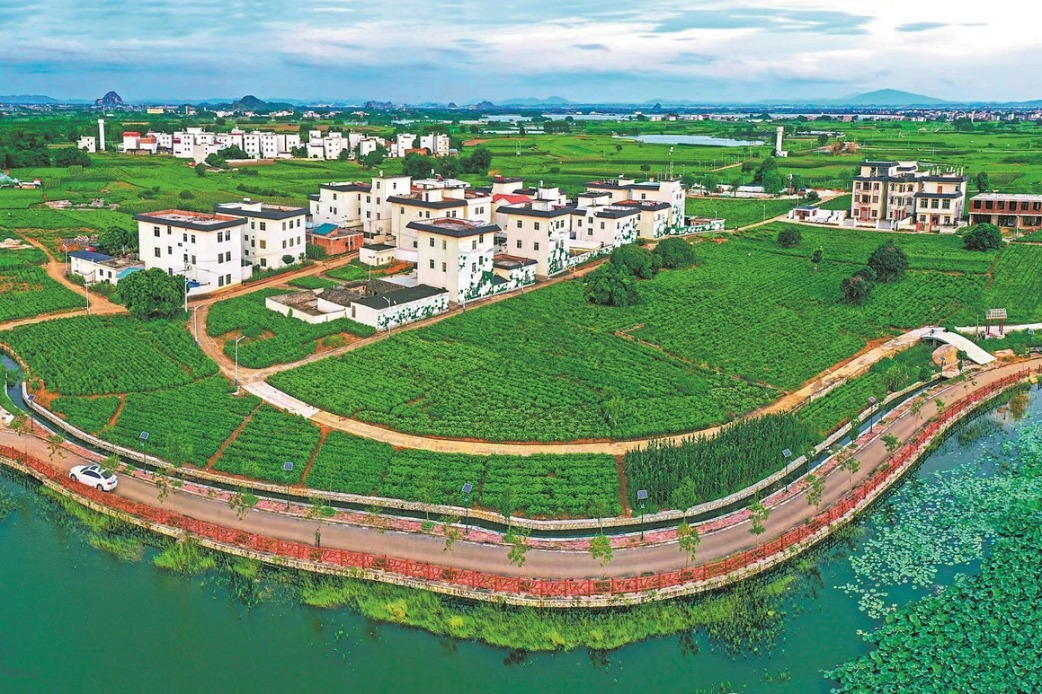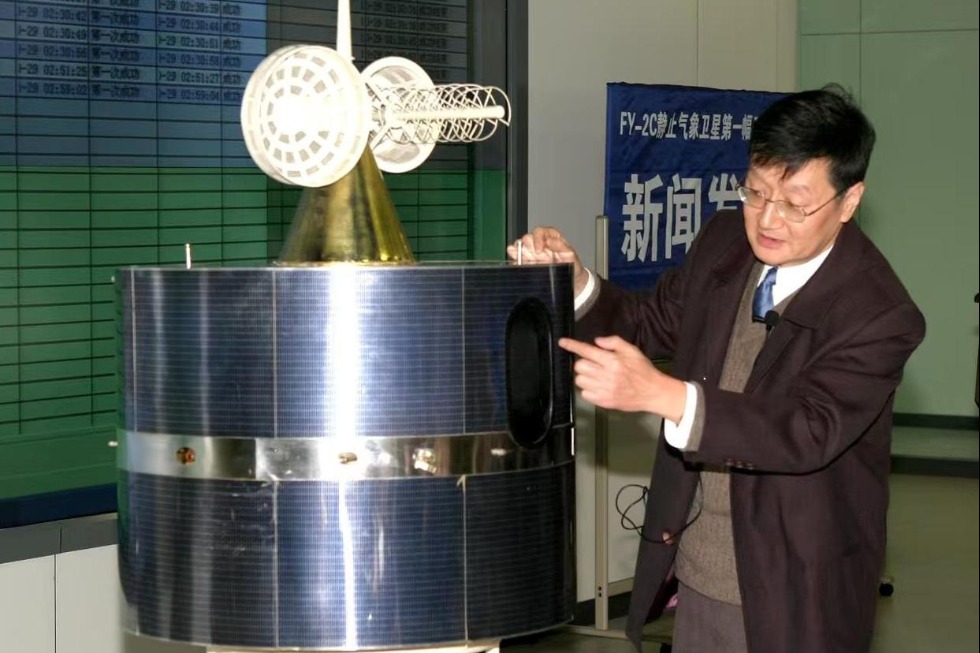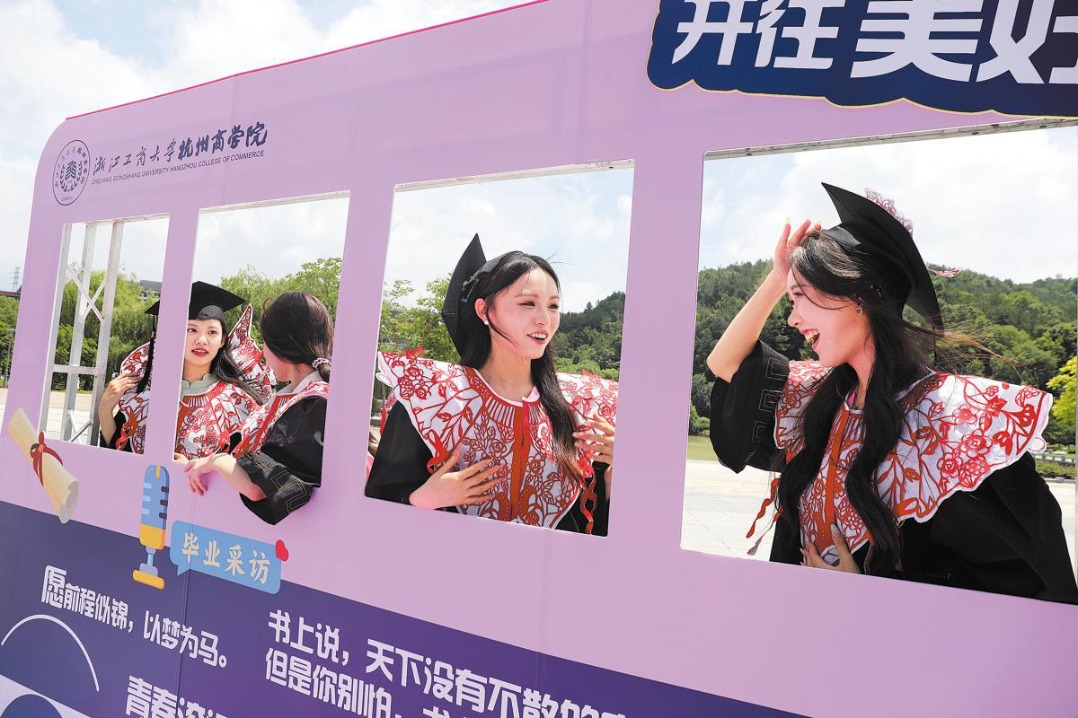More oversight urged for liquid food transport
Draft law proposes strict permits, heavy fines to strengthen safety standards

China will strengthen oversight of bulk liquid food transport in response to public concerns over food safety, with draft legislation proposing harsh penalties for violations, according to a proposed amendment under review by the country's top legislature.
The draft revision to the Food Safety Law was submitted on Tuesday to the ongoing session of the Standing Committee of the National People's Congress for a first reading.
"Currently, there are more than 16,000 tanker trucks nationwide engaged in the bulk transport of liquid food products on roads, posing significant food safety risks. There is an urgent need to enhance standardized management and address regulatory gaps," Luo Wen, head of the State Administration for Market Regulation, told lawmakers while presenting the draft.
Luo cited media reports from last year that exposed tanker trucks being used to carry both chemical liquids, including coal-to-liquids, and edible products such as soybean oil, often without proper cleaning in between the transportation of different goods. The reports highlighted lax entry thresholds and weak penalties in the industry, prompting public alarm and intervention by multiple government departments.
To address these concerns, the draft introduces a licensing system for the road transport of key bulk liquid food items. Transport operators would be required to obtain permits from county-level or higher food safety supervision authorities. The licensing process would verify that operators have qualified personnel, compliant management systems and containers that meet food safety standards.
The draft also sets clear responsibilities for all parties involved. Transport operators must comply with national regulations, use appropriate containers, clean them regularly and avoid carrying non-food goods. Consignors must confirm that containers meet food safety requirements and check operators' permits, while consignees are responsible for reviewing operators' permits and transport records, and verifying container seals.
Falsifying or tampering with transport records, container cleaning certificates or related documentation is strictly prohibited.
The draft further proposes harsher punishments for illegal activities. Operators who transport liquid food without permits could face suspension of their businesses, confiscation of illegal earnings, and fines ranging from 50,000 yuan ($7,000) to 500,000 yuan. Other violations — such as improper storage, transport, or loading — would require correction and could result in similar fines and possible license revocation in severe cases.
In response to growing domestic demand for liquid infant formula, the draft also introduces registration requirements for its production. Manufacturers must follow registered technical standards for product formulas and production processes to ensure the safety and quality of infant food.





































